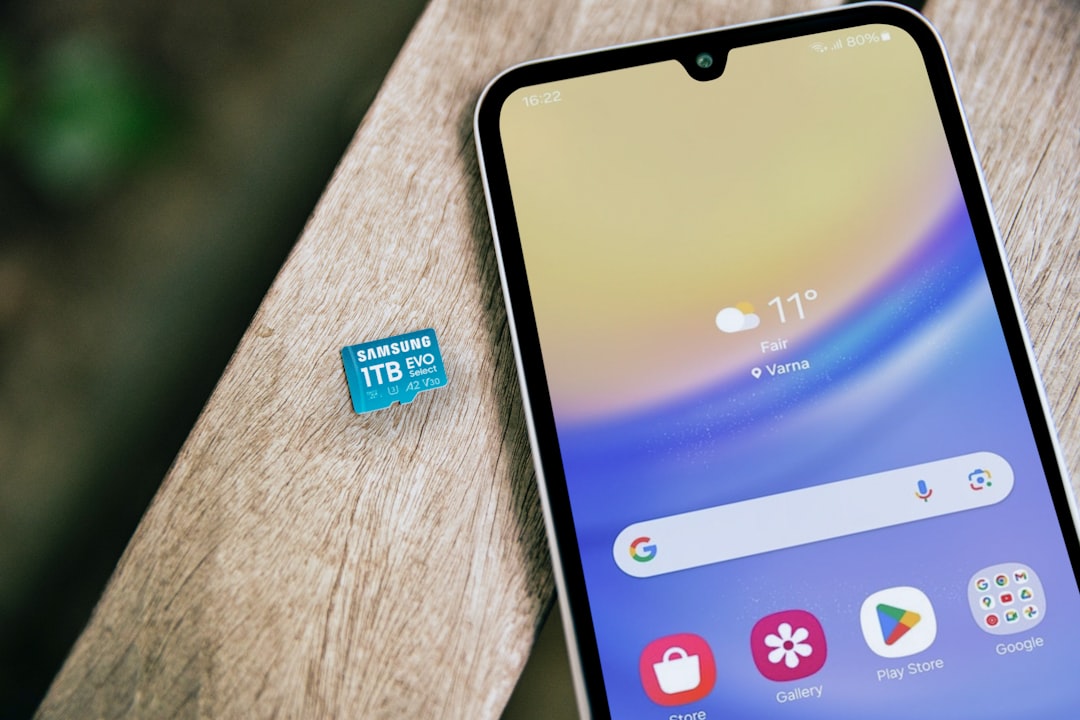The Telephone Consumer Protection Act (TCPA) protects consumers in West Virginia from unwanted telemarketing calls and texts, with strict penalties for non-compliance. Common misconceptions about automated and prerecorded calls can lead to legal issues, so businesses must understand when consent is required and how to handle do-not-call requests. Adhering to TCPA guidelines, including rules for automated messages and specific communication channels, is crucial for avoiding penalties and maintaining customer trust in West Virginia.
In the digital age, understanding the Telephone Consumer Protection Act (TCPA) is crucial for businesses in West Virginia. This act protects consumers from aggressive marketing practices and has significant implications for companies making or receiving automated calls. This article explores the most common TCPA legal issues faced by West Virginia businesses, dispelling misconceptions and offering strategic insights for navigating compliance. By delving into top violations and effective strategies, businesses can ensure they stay within the confines of this critical legislation.
Understanding the TCPA and Its Relevance in West Virginia

The Telephone Consumer Protection Act (TCPA) is a federal law designed to protect consumers from certain practices that involve telemarketing calls and text messages. It’s a comprehensive legislation that sets guidelines for businesses engaging in marketing activities via phone or SMS, ensuring these communications are consensual and non-intrusive. In West Virginia, the TCPA plays a crucial role in regulating unsolicited contact by telemarketers, giving consumers control over their privacy and communication preferences.
This law is particularly relevant as it restricts automated calls, prerecorded messages, and live speakers from making sales or marketing calls to individuals who have not granted explicit consent. Businesses must obtain prior written authorization before initiating such communications, providing an important safeguard for West Virginia residents. Understanding and adhering to the TCPA’s provisions are essential for companies operating within this state to avoid legal repercussions and maintain customer trust.
Common Misconceptions about TCPA Legal Issues

Many individuals and businesses in Huntington, West Virginia, hold misconceptions about TCPA legal issues, which often lead to costly mistakes. One common misunderstanding is that any automated or prerecorded calls are inherently illegal under the Telephone Consumer Protection Act (TCPA). However, this is not entirely accurate; the TCPA permits certain types of automated calls for marketing purposes, provided they comply with specific rules regarding opt-in consent and do-not-call requests.
Another misconception is that small businesses are exempt from TCPA regulations. This is false; the TCPA applies to all entities making automated or prerecorded calls, regardless of size. To navigate these legal waters successfully, businesses must understand when and how to obtain proper consent, how to handle do-not-call requests, and what constitutes a violation. Missteps in these areas can result in substantial financial penalties.
Top TCPA Violations in West Virginia: A Deep Dive

In West Virginia, as in many states across the nation, the Telephone Consumer Protection Act (TCPA) plays a pivotal role in regulating telemarketing practices and consumer privacy. While the TCPA has evolved over time to adapt to new communication channels, its core principles remain unchanged – protecting individuals from intrusive and unwanted calls, texts, and faxes. This deep dive explores the most common TCPA legal issues faced by businesses operating in West Virginia, shedding light on critical areas where non-compliance can lead to significant penalties.
Topping the list are violations related to automated dialing systems (ADRs) and prerecorded messages, which require explicit consumer consent for use. Other frequent infractions include incorrect or missing caller ID information, failure to maintain accurate do-not-call lists, and excessive or unauthorized use of text messages for marketing purposes. Moreover, West Virginia’s strict regulations on robocalls necessitate a nuanced understanding of when and how automated communications are permitted, particularly in the context of debt collection and telemarketing activities. Businesses must be vigilant in ensuring their communication practices adhere to these guidelines to avoid costly legal repercussions.
Navigating TCPA Compliance: Strategies for Businesses in WV

In West Virginia, navigating TCPA (Telemarketing Consumer Protection Act) compliance is crucial for businesses aiming to avoid legal pitfalls and maintain customer trust. The TCPA sets strict guidelines on telemarketing practices, including do-not-call lists, consent requirements, and automated calls, with penalties for non-compliance. Businesses must implement robust strategies to ensure they adhere to these regulations, such as obtaining explicit consent before making marketing calls or texts, maintaining accurate call records, and respecting consumers’ choices to opt-out.
For companies operating in WV, staying informed about the evolving TCPA landscape is essential. This includes understanding the rules around specific communication channels like SMS, email, and prerecorded messages. Regularly reviewing and updating internal policies, training employees on compliance practices, and employing technology solutions that automate compliance checks can help businesses mitigate risks. By proactively embracing these strategies, West Virginia-based companies can confidently engage in telemarketing while maintaining a positive customer experience within the bounds of TCPA laws.






